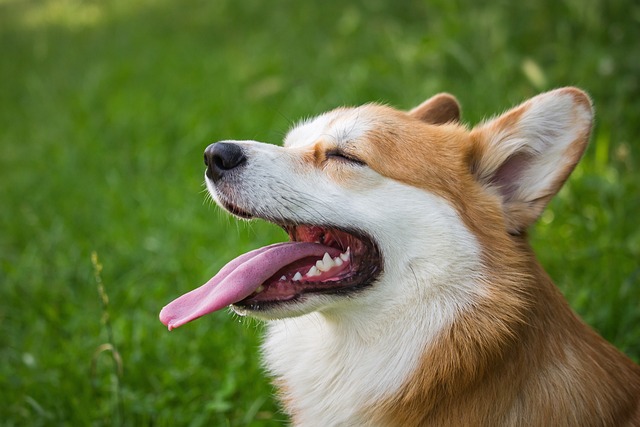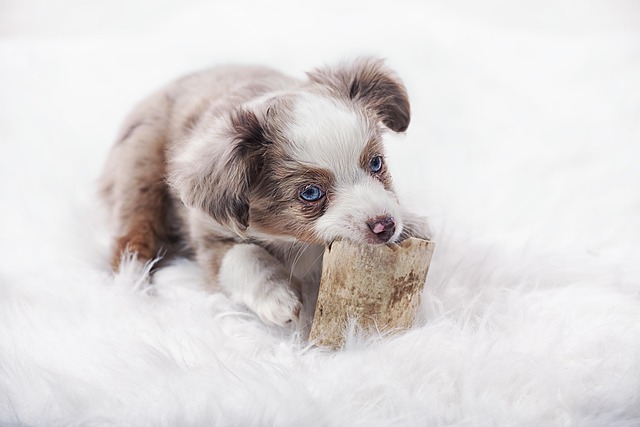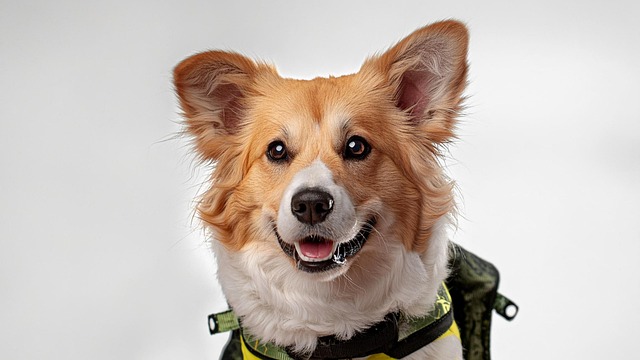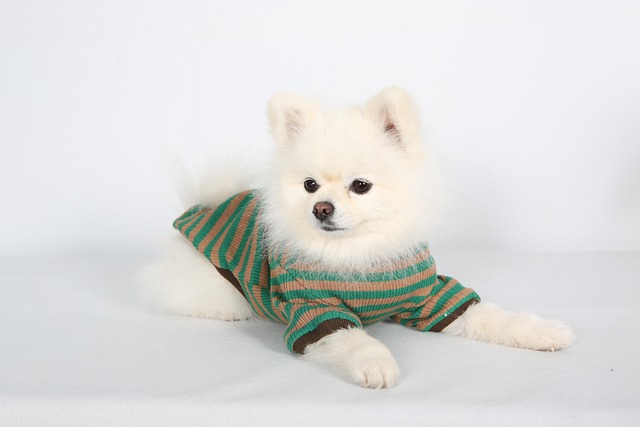
What vitamin is good for dogs' skin
Seeing your dog constantly scratch or noticing dry, flaky skin can make you wonder if a simple vitamin might be the solution.
Yorkshire Terriers, those pint-sized bundles of energy with a feisty spirit, might steal your heart with their expressive eyes and silky coats. But beneath that adorable exterior lies a common health concern many Yorkie owners overlook until it’s too late: dental problems. These tiny canines aren’t just prone to tooth decay—they’re practically magnets for plaque buildup, gum disease, and even tooth loss.
The culprit? Yorkies’ tiny jaws and crowded teeth create the perfect breeding ground for bacteria. Their small mouths leave little room for teeth to align properly, leading to overlapping surfaces where food particles get trapped. Add in their love for soft treats and finicky eating habits, and you’ve got a recipe for dental disaster. Puppies aren’t immune either; Yorkies often experience retained baby teeth, which can push adult teeth out of place and increase infection risk.
Symptoms can be subtle at first. Bad breath might seem normal for a dog, but in Yorkies, it’s often the first sign of trouble. Watch for excessive drooling, pawing at the mouth, or reluctance to eat hard food. Yellow or brown tartar on teeth, red or swollen gums, and loose teeth are clear indicators that your fur baby needs dental help. Ignoring these signs can lead to serious health issues beyond oral discomfort, like kidney and heart problems caused by bacteria entering the bloodstream.
 Regular home care is non-negotiable. Brushing your Yorkie’s teeth daily with dog-friendly toothpaste (never human toothpaste, which contains harmful fluoride) is the gold standard. If your pup resists, start slowly by massaging their gums with a finger, then gradually introduce a soft-bristled toothbrush. Dental wipes, chew toys made of safe materials, and dental treats approved by the Veterinary Oral Health Council (VOHC) can also help between brushings.
Regular home care is non-negotiable. Brushing your Yorkie’s teeth daily with dog-friendly toothpaste (never human toothpaste, which contains harmful fluoride) is the gold standard. If your pup resists, start slowly by massaging their gums with a finger, then gradually introduce a soft-bristled toothbrush. Dental wipes, chew toys made of safe materials, and dental treats approved by the Veterinary Oral Health Council (VOHC) can also help between brushings.
Professional dental cleanings are equally crucial. While some owners opt for “anesthesia-free” cleanings advertised at pet stores, most veterinarians recommend traditional cleanings under general anesthesia. This allows a thorough examination of the mouth, including X-rays to detect hidden problems. Be aware that many local animal welfare laws require licensed veterinarians to perform dental procedures to ensure animal safety and ethical care.
When choosing dental products, look for ones that comply with safety regulations. Avoid toys with small parts that could be swallowed, and check for recalls regularly. In some regions, certain pet products may be restricted due to environmental or health concerns, so it’s wise to verify legality before purchasing.
Remember, dental care isn’t just about a pretty smile. It’s about ensuring your Yorkie lives a long, healthy, pain-free life. By staying vigilant, following proper care routines, and adhering to local animal care guidelines, you can keep those tiny teeth sparkling and your beloved companion wagging their tail with joy for years to come.

Seeing your dog constantly scratch or noticing dry, flaky skin can make you wonder if a simple vitamin might be the solution.

If you’re a new dog parent in the US—maybe you’re sitting on your Portland apartment couch, staring at your 1-year-old Australian Shepherd

If you’re a new dog parent in the US—maybe you’re sitting on your Atlanta apartment floor, holding your 6-week-old Beagle puppy, Daisy, who’s curled up in your lap

If you’re a new dog parent in the US—maybe you’re standing in your Denver apartment’s kitchen, staring at a bag of high-quality puppy kibble and a bottle

Seeing your puppy grow daily is amazing, and it’s natural to want to give them every advantage, including supplements.

Brown stains on white dog fur aren’t just unsightly—they can also hint at underlying issues like tear duct irritation or poor grooming habits, which matter even more when you’re following local pet care laws.